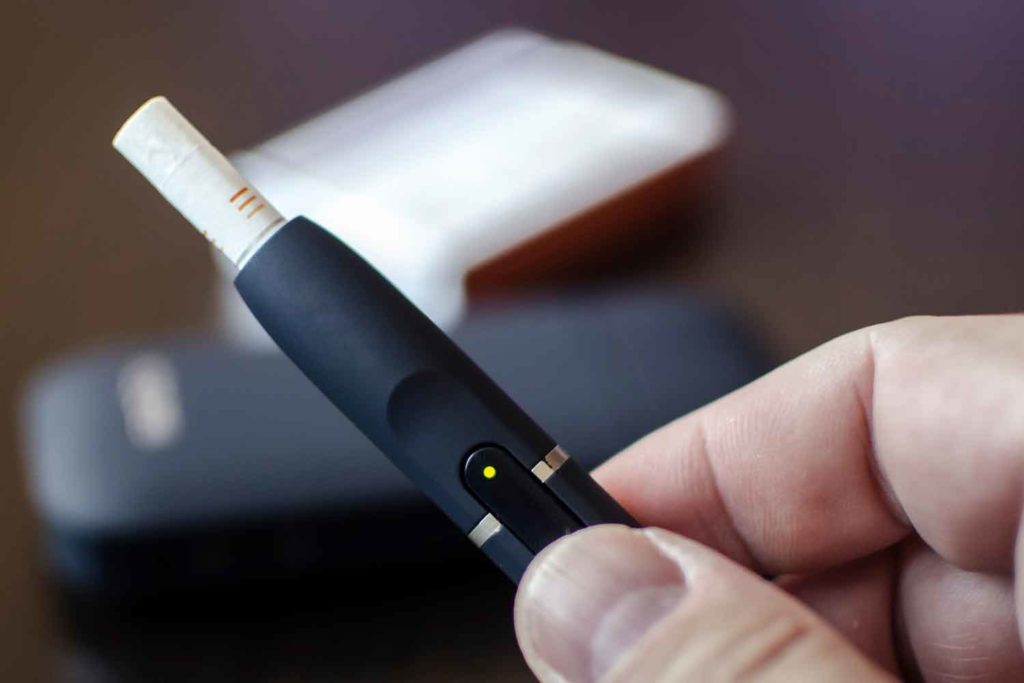The United States filed complaints against six companies and related individuals to stop the illegal manufacture and sale of unauthorized vaping products, the Department of Justice (DOJ) announced Oct. 17.
In civil complaints and accompanying court papers filed in a U.S. District Court, the government alleges that the defendants illegally manufacture and sell electronic nicotine-delivery system (ENDS) products, including “finished” e-liquids, or liquids that contain nicotine and colorings, flavorings and/or other ingredients.
The complaints allege that the defendants caused tobacco products to become adulterated and misbranded while held for sale after shipment of one or more of their components in interstate commerce and that they continued to manufacture, sell and distribute the adulterated and misbranded tobacco products despite receiving warning letters from the Food and Drug Administration that they were violating the law.
According to the DOJ, the companies’ actions violate the premarket review requirements of the federal Food, Drug and Cosmetic Act.
“These cases are an important step in stopping the illegal sale of unauthorized electronic nicotine-delivery system products,” said Principal Deputy Assistant Attorney General Brian M. Boynton, head of the Justice Department’s Civil Division, in a statement. “The Department of Justice will continue to work closely with FDA to stop the distribution of illegal, unauthorized tobacco products.”
“Today’s enforcement actions represent a significant step for the FDA in preventing tobacco product manufacturers from violating the law,” said Brian King, director of the FDA’s Center for Tobacco Products. “The FDA is committed to acting swiftly when we are made aware of these violations. We will not stand by as manufacturers repeatedly break the law, especially after being afforded multiple opportunities to comply.”
The companies named in the Oct. 17 filing are Seditious Vapours of Phoenix, Arizona; Vapor Craft of Columbus, Georgia; Lucky’s Convenience and Tobacco of Wichita, Kansas; Morin Enterprises of Minnesota; Super Vape’z of Lakewood, Washington; and Soul Vapor of Princeton, West Virginia.
According to the DOJ, each of the defendants manufactured and sold ENDS products after receiving notice of the need to first obtain marketing authorizations from the FDA.
Vapor industry representatives warned against unintended consequences. “Mr. King seems delighted to kick in the doors of small businesses but turns a blind eye to the millions of Americans who rely on nicotine vaping to quit cigarettes,” Amanda Wheeler, president of the American Vapor Manufacturers Association, was quoted as saying by CNN. “The ongoing result is countless people being driven back to smoking.”




















